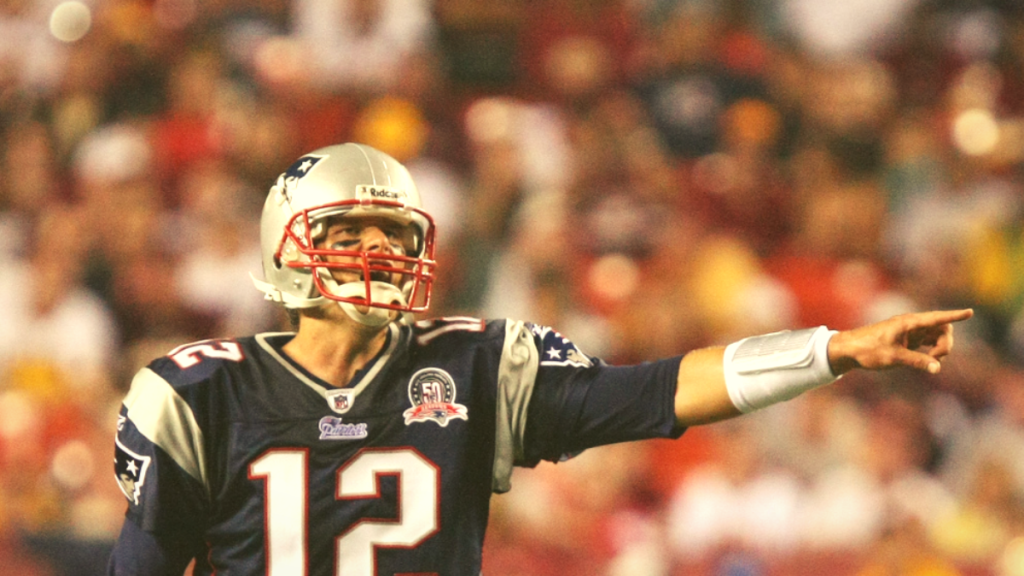Among the many complaints we have heard coming from the Trump campaign this summer is the claim that various aspects of the election might be “rigged.”
Trump has already suggested that media are treating him unfairly, that certain states might have voter irregularities that would deny him his rightful share of the votes, and that Hillary Clinton has been treated with kid gloves by the FBI and Justice Department in their investigation of her email server scandal.
On the other side, Democrats and progressives frequently argue that the economic game is “rigged” in favor of the rich and powerful and use this language in their attacks on inequality and the market more generally.
Why Candidates Who Complain Get Traction
Putting aside the obvious self-interest of candidates who are arguing that one or the other part of “the game” is unfair, there are certainly many Americans who feel that the political and economic systems are indeed rigged–but in the favor of people like Trump and Clinton and their pals in the private sector who don’t seem to be playing by the same rules as everyone else.
Voters are looking for someone who seems to understand their sense of outrage and injustice at the way in which there seems to be two sets of rules: one for the powerful and one for the rest of us. That may, in part, explain the popularity of a candidate like Trump who claims to be an “outsider.”
One of the fundamental ideas of fairness that most people agree on is that the rules of a game should apply equally to everyone who plays it.
Football, the NFL, and Our Concept of Fairness
As football season heats up, we might imagine (and it’s not farfetched given the controversy over the New England Patriots and deflated footballs) how people would react if the NFL had one set of rules for some teams and other set of rules for the rest (think about the reaction to last year’s NFL officiating). Or what if teams or players could request a change in the rules in mid-game? What if only certain ones could do so? We would rightly view this as completely unfair. It’s one thing for a team to win all of its games because it was better on the field. It’s a whole other matter if it wins by changing the rules in its favor whenever it starts to fall behind.
The idea that the rules of the game should apply equally to everyone and should not be constantly changing, especially at the request of the players, is central to good governance.
The Rule of Law, Applied to Politics
In the political realm, this is what we call “the rule of law.” Applied to politics, this idea has one more twist: when we say the rules must apply equally to everyone, we include in “everyone” the political actors who make the rules.
The really radical idea behind the rule of law is that the lawmakers themselves are not above the law. It is “the law” that rules, not those who make and enforce the law. This is why we sometimes speak of “the rule of law, rather than the rule of men (or women).”
So when different people get treated differently by government, and especially when government officials or powerful politicians get preferential treatment, the rule of law is being violated and we rightly see this as unfair and unjust.
Why American Voters Are Right to Be Upset with Politics
American voters are right to perceive the game as rigged when Hillary Clinton gets away with violations of the law—but Edward Snowden has to live on the run for revealing law-breaking and unconstitutional activities by political actors.
But American voters are also justified in calling foul when large banks profit from regulations they helped to write, when small banks close and other small businesses suffer from huge costs of regulation.
If, like Hayek, we view the modern world as a kind of game, it is foundational that we all agree on the rules and make sure that those rules are equally applied to everyone. The rule of law is an important part of why people believe that the outcomes of the political and economic are just. If we don’t abide by it, we will waste time and resources as we fight over how re-rig the game in our favor.
Unfortunately, the U.S. continues to drift away from that ideal (although the recent Supreme Court ruling overturning bans on same-sex marriage is one piece of good news). Political actors have too much arbitrary power, governments continue to treat some citizens differently than others, and powerful private-sector actors are able to rig the rules in their favor and profit from political connections.
How American Voters Are Responding in 2016
If the rest of America sees no way to make the rules fair again, everyone else will try to get their piece of the pie by trying to rig the rules in their favor, furthering the breakdown of the rule of law.
Sadly, many Americans seem think the solution to a rigged game is to just elect someone who will rig the game in their favor rather than restoring a respect for the rule of law.
The challenge for those of us who understand the centrality of the rule of law is to persuade the rest of the country to restore constitutional limits on government that ensure fair and equally applied rules. We know that once the rule of law starts to crumble, it is a short path to arbitrary rule and authoritarianism.
And if that happens, it’s game over.



